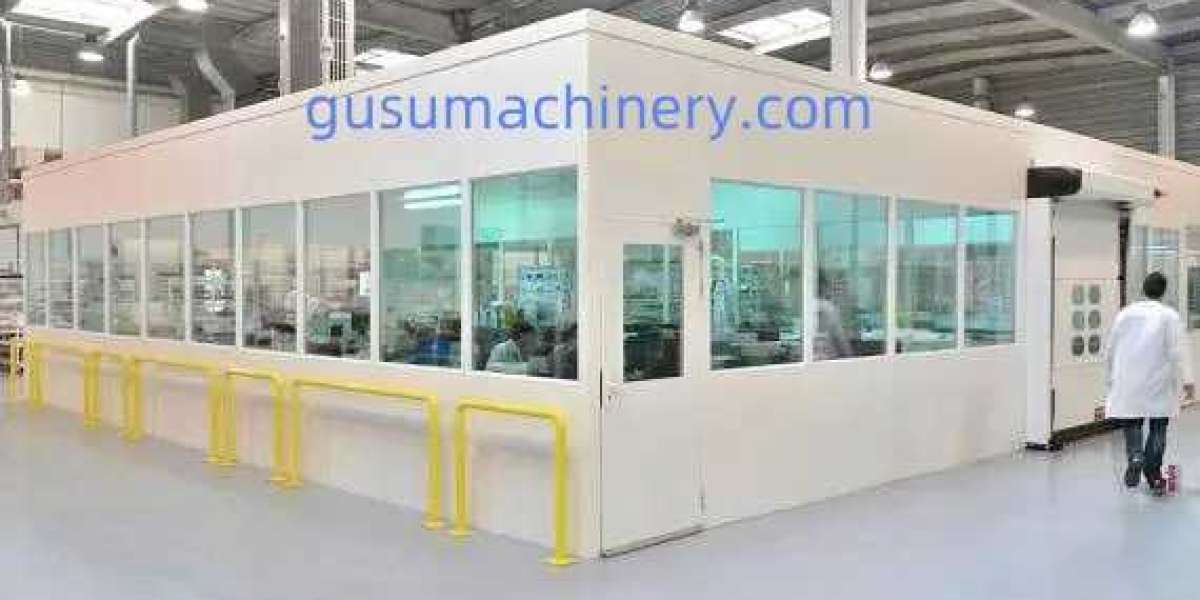Introduction
The Renewable Energy Inverters Market is a pivotal component of the renewable energy ecosystem, converting direct current (DC) generated from solar panels, wind turbines, or other renewable sources into alternating current (AC) suitable for residential, commercial, and industrial use. These inverters enable efficient energy utilization, grid integration, and energy storage compatibility. Growing demand for clean energy, government incentives, and declining costs of renewable energy systems are propelling market growth globally.
Understanding the Market
Renewable energy inverters are classified into string inverters, central inverters, microinverters, and hybrid inverters, each catering to different project scales and applications. String inverters dominate residential and small commercial installations due to cost efficiency, while central inverters are preferred for utility-scale solar and wind projects. Microinverters offer panel-level optimization and monitoring, increasing efficiency in partially shaded areas. Hybrid inverters facilitate seamless integration with battery storage systems, enabling energy self-consumption and grid support.
Technological Innovations
Technological advancements in inverter design and performance are enhancing energy conversion efficiency and reliability. Smart inverters with IoT connectivity allow remote monitoring, predictive maintenance, and grid support functionalities, including reactive power control and voltage regulation. Integration with battery energy storage systems enables peak load management, time-of-use optimization, and energy backup solutions. Innovations in multi-level inverter topologies, silicon carbide (SiC) and gallium nitride (GaN) semiconductors are improving efficiency, reducing heat losses, and allowing compact designs suitable for large-scale deployment.
Market Growth and Future Outlook
The global renewable energy inverters market is poised for significant growth driven by the expansion of solar and wind energy capacity. Regions like Asia-Pacific are leading adoption due to rising solar installations in India, China, and Japan. Europe and North America continue to expand utility-scale solar and wind projects, creating opportunities for high-capacity central inverters. Hybrid and battery-integrated inverters are witnessing growing demand as energy storage adoption rises. The market is expected to benefit from government policies promoting renewable integration and grid modernization initiatives.
Challenges and Opportunities
Challenges in the inverter market include high upfront costs for advanced technologies, technical complexities in grid-tied systems, and potential compatibility issues with legacy electrical infrastructure. However, opportunities lie in the increasing deployment of microgrids, hybrid renewable systems, and off-grid solar applications. Service providers can leverage predictive analytics, inverter-as-a-service business models, and technological upgrades to differentiate themselves and capture new market segments. Emerging economies offer growth potential due to expanding rural electrification and renewable energy projects.
Regional Insights
Asia-Pacific leads in adoption due to supportive policies, government subsidies, and high solar penetration. Europe emphasizes advanced grid integration and hybrid storage solutions. North America focuses on utility-scale projects and smart grid initiatives. Latin America presents growth opportunities driven by renewable energy expansion and sustainable infrastructure investments. The Middle East is investing in large-scale solar farms and hybrid energy systems, while Africa is adopting off-grid solutions to improve energy access.
Conclusion
The Renewable Energy Inverters Market is a critical enabler for global renewable energy deployment. Technological innovations, supportive regulations, and rising demand for sustainable energy solutions are driving growth. The market’s future outlook is positive, with opportunities in smart inverters, hybrid systems, and emerging economies fostering a more efficient and reliable renewable energy ecosystem.






